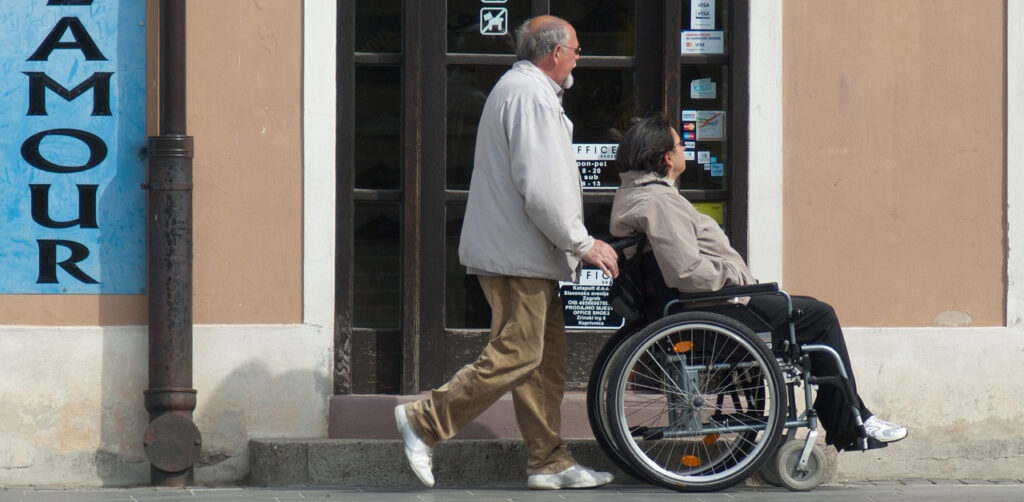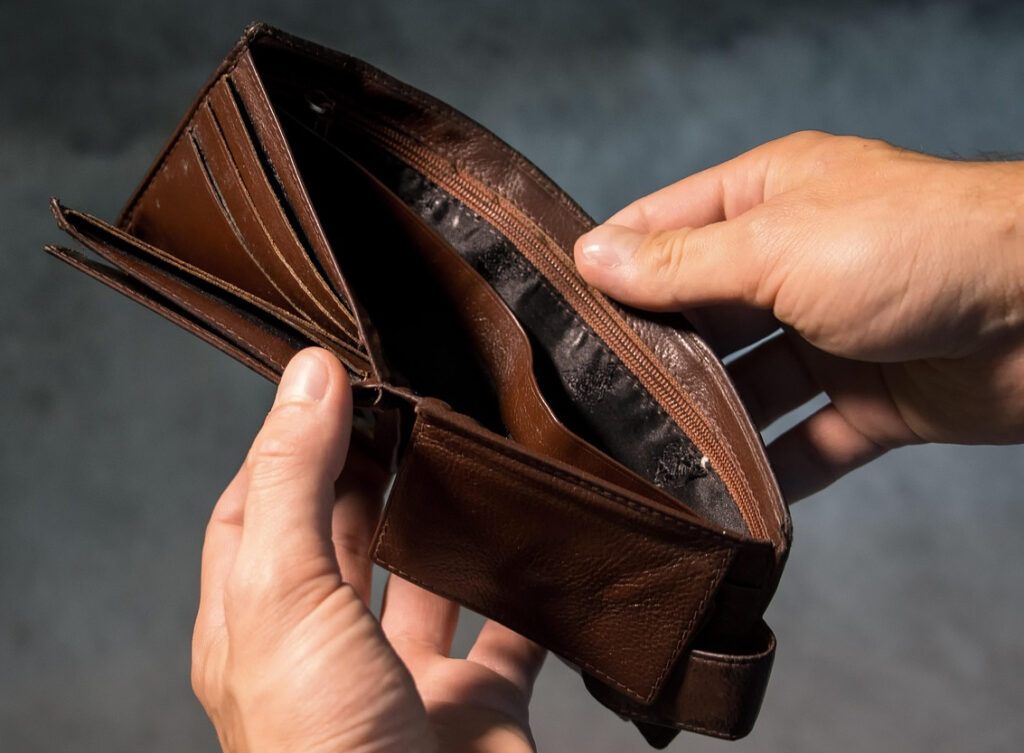Why are some people more likely to experience loneliness?
As we have already mentioned, anyone can feel lonely however there are certain things which can increase a person’s likelihood of experiencing loneliness.
Having no friends or family to offer support
People who have few family or friends to support them are more likely to feel lonely. They may struggle to find anyone to turn to in times of difficulty and are more likely to feel outcast from wider society.
Making connections is vitally important for our wellbeing and is the first topic in the CHIME recovery model. Feeling connected to others helps us to feel a part of something bigger than ourselves and can help to lift our mood and help us to feel empowered.
Living alone
People living alone are also more likely to experience loneliness. Living alone often means people are away from social contact with others for extended time periods. It may even be that a family member visits regularly however that person still doesn’t experience social contact for most of the day. Statistics from UK census date in 2022 suggest that 13% of the UK population live alone.
Many people found living alone very isolating during the pandemic. At one point people were only allowed to be in physical contact with people in their ‘household bubble’. This meant that people who lived alone couldn’t socialise with anyone else until rules were adapted.
Experiencing a loss
People who have experienced a bereavement or loss of some kind are more likely to experience loneliness. Grief can feel like there is a hole in your life resembling a loved one’s passing or times that have now passed. Although the loss of someone or something may strangely sometimes be a relief, often people may feel a mixture of sadness, guilt and anger. This in turn can lead to periods of low mood.
People who have lost a loved one often feel the need to withdraw from wider society increasing their likelihood of experiencing loneliness. Loss can also refer to the loss of other things such as the loss of a friendship, job, mobility or even health. These losses can also increase a person’s likelihood of experiencing loneliness. We have a ‘Dealing with Loss’ course, which is available on our eLearning site, if you would like to know more about this topic.
Having physical or mental health difficulties

People who experience physical and mental health difficulties are more likely to experience loneliness as they may struggle to leave their home or participate in social activities. Additionally, people who experience mental health difficulties are more likely to find socialising with people difficult. This alongside factors like low self-confidence and self-esteem is likely to prevent them from socialising with others and increase feelings of isolation.
Being a young person
According to a research study by Mental Health Foundation, people aged 16 to 24 years old are more likely to experience loneliness. There are likely several reasons for this. Firstly, young people are likely to be in education. This is an environment where people can experience bullying and may often feel isolated from their peers.
Additionally young people are likely to go through various stages and milestones as they age, examples of which could include starting college, loss or bereavement, family separation or friendship loss. All of these can increase their likelihood of experiencing loneliness.
Being an older person
Older individuals are also more likely to experience loneliness. They are likely to have been through various life events such as divorce, bereavement, illnesses or be a carer factors which can all increase their likelihood of experiencing loneliness. As we age, we are also more likely to develop illnesses and ailments which can impact our ability to connect and socialise with other people.
Financial worries

Having financial worries is a barrier that prevents people from being able to socialise. For example, a person may not have enough money to afford to pay for things like transport, clothes, meals out or leisure activities. Social gatherings that have additional costs attached can consequently be impossible for people to attend. According to data collected by the UK Government, 14.3 million people were in relative poverty after housing costs between 2022 and 2023.
People who have experienced discrimination
People who have experienced discrimination are more likely to feel disconnected from society. People may be discriminated against for various reasons examples include gender, race and gender and sexual identity.
Consider me:
- To what extent have you experienced any of these explanations for loneliness yourself?